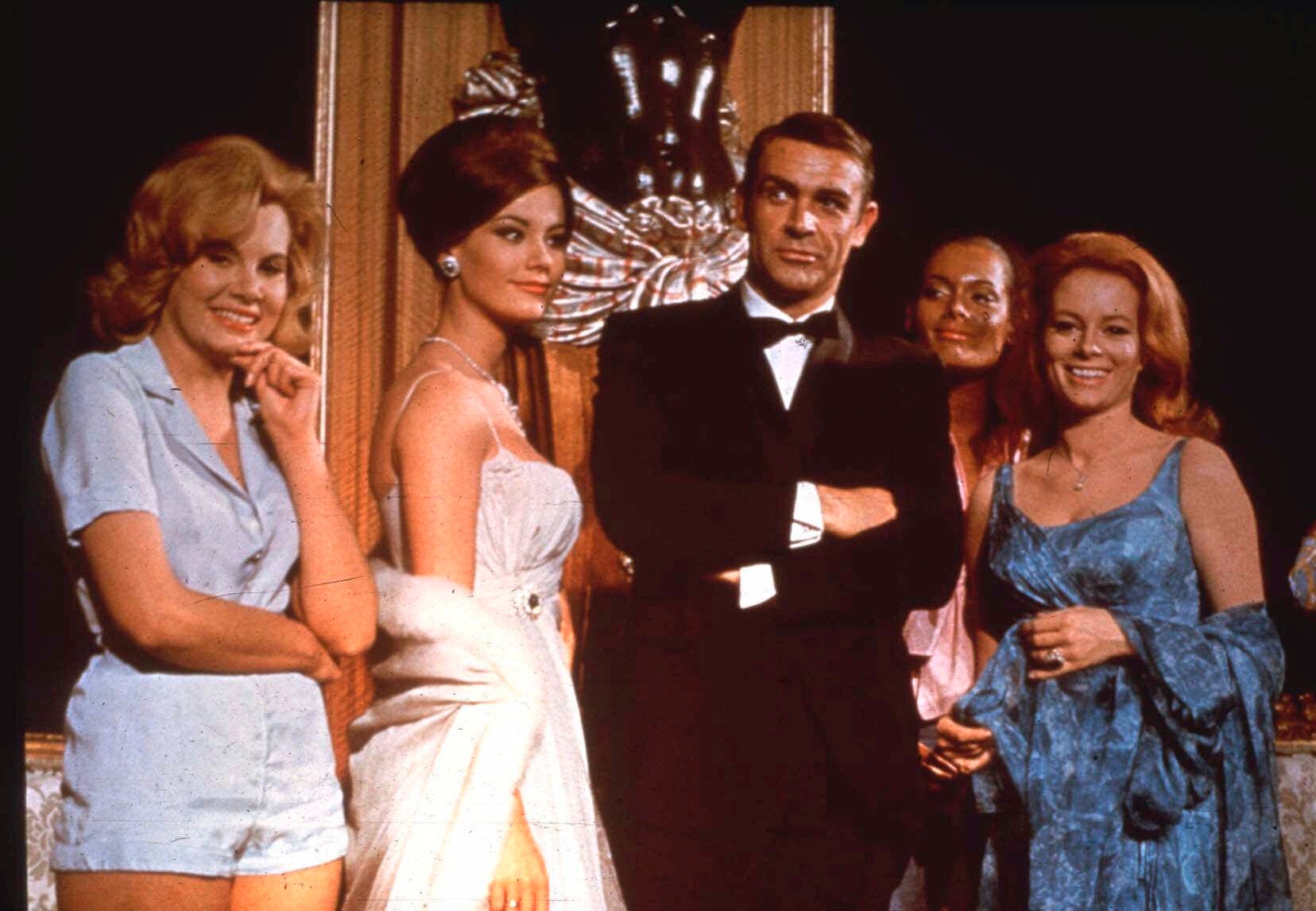Why James Bond being called ‘basically a rapist’ is more important than you think
We should pay close attention to the many incarnations of the British spy: the character is a mirror that reflects back our cultural mores


Is nothing beyond the reach of the self-righteous tentacles of the woke brigade? Is no part of our popular culture safe from the tyranny of cancel culture? Now Bond? Surely, not the saviour of our cinemas James Bond?!
Cary Fukunaga, the director of No Time To Die, the latest instalment in the James Bond franchise, triggered a slew of headlines this week when he said what we already knew: James Bond is “basically” a rapist. Predictably and tediously, Fukunaga is now accused of creating a Bond for the woke era. What can we expect from a snowflake Bond? He whips off his disguise to reveal a Black Lives Matter T-shirt? He interrupts a clinch with Penelope Smallbone to confirm mutual consent? Nope. Just a 12A certificate from the British Board of Film Classification.
In his comments, Fukunaga appeared to refer to a notorious scene in 1965’s Thunderball when Sean Connery’s Bond rapes Patricia Fearing, a nurse at the health clinic Shrublands. As with so many of the women characters in Bond films – forever infantilised as Bond Girls – Fearing’s name is a double-entendre. Unlike Pussy Galore, Holly Goodhead, Plenty O’Toole, Octopussy, Honey Ryder, or Mary Goodnight,
Patricia Fearing’s name may not induce a schoolboy snigger of sexual innuendo but it does, however, refer to the sexual violence experienced by the character. The character’s name and the soundtrack that accompanies the scene, not only makes light of the rape but also frames it as seduction. Hardly a newsflash for a franchise that persistently frames sexual violence and sexual harassment as seduction and physical violence as foreplay.
It’s time to consider that the spy who leaves us shaken but not stirred is an important indicator of our cultural mores. Bond’s character is refashioned for every era, both reflecting and shaping the values of the time.
While we might like to think that Daniel Craig’s 007 is the right-on Bond in blue budgie-smugglers that we deserve, he’s also still the creep that we pay good money to watch. Take Skyfall as an example. Severine, an accomplice of baddie Raoul Silva, is portrayed as a classic femme fatale. She’s all smokyeyes and lingering stares – and she’s also Bond’s enemy – until he identifies a tattoo on her wrist that marks her as a victim of sex trafficking. Now the femme fatale schtick makes sense! Of course, a victim of child sex trafficking would be a temptress, and of course she wouldn’t bat an eyelid when Bond – who she thinks is dead – joins her in the shower. A painful history of sex trafficking is erased in just one moment with the spy who loved her – or at least missed when he shot at her. Yes, it’s deeply troubling but yes, the audiences quite literally queued up to see it.
Of course, Bond is a sexual predator in many of the films – and Ian Fleming’s books with a reference to the “sweet tang of rape” are equally, if not more, troubling. Rather than sanitising the franchise or side-stepping the misogyny and racism that have been essential ingredients of our most popular and well-loved film franchises, perhaps we should instead acknowledge that some of our most revered, lauded and celebrated cultural characters have been lionised precisely because of their abhorrent behaviour. Rape is trivialised and repackaged as playful seduction in Bond films because that’s how it’s been treated in reality.
We should pay close attention to the many incarnations of Bond. The character is a mirror that reflects back our cultural mores – even when that includes sexual violence against woman as entertainment with a jaunty quip and a devilish smirk.

Join our commenting forum
Join thought-provoking conversations, follow other Independent readers and see their replies